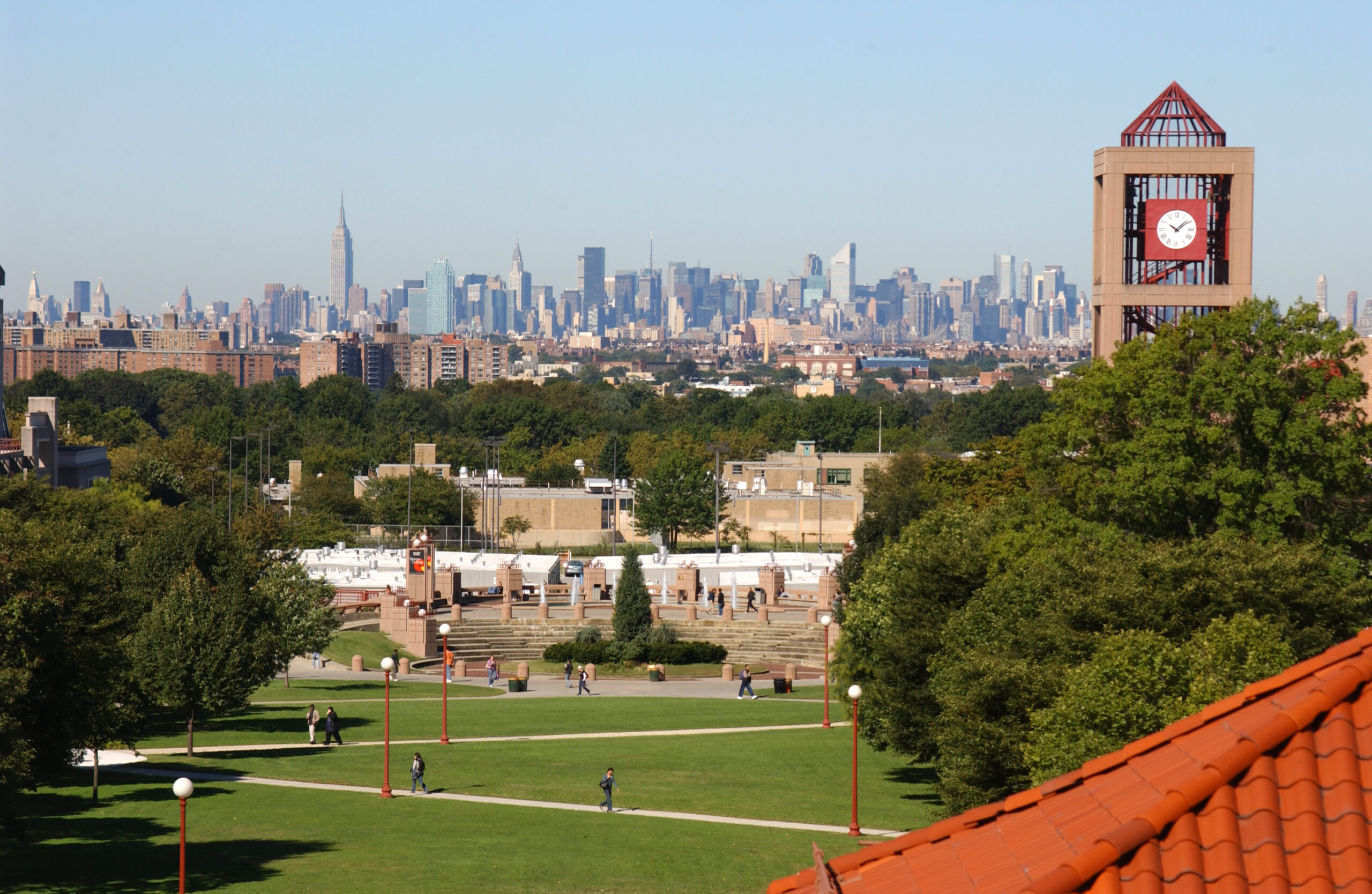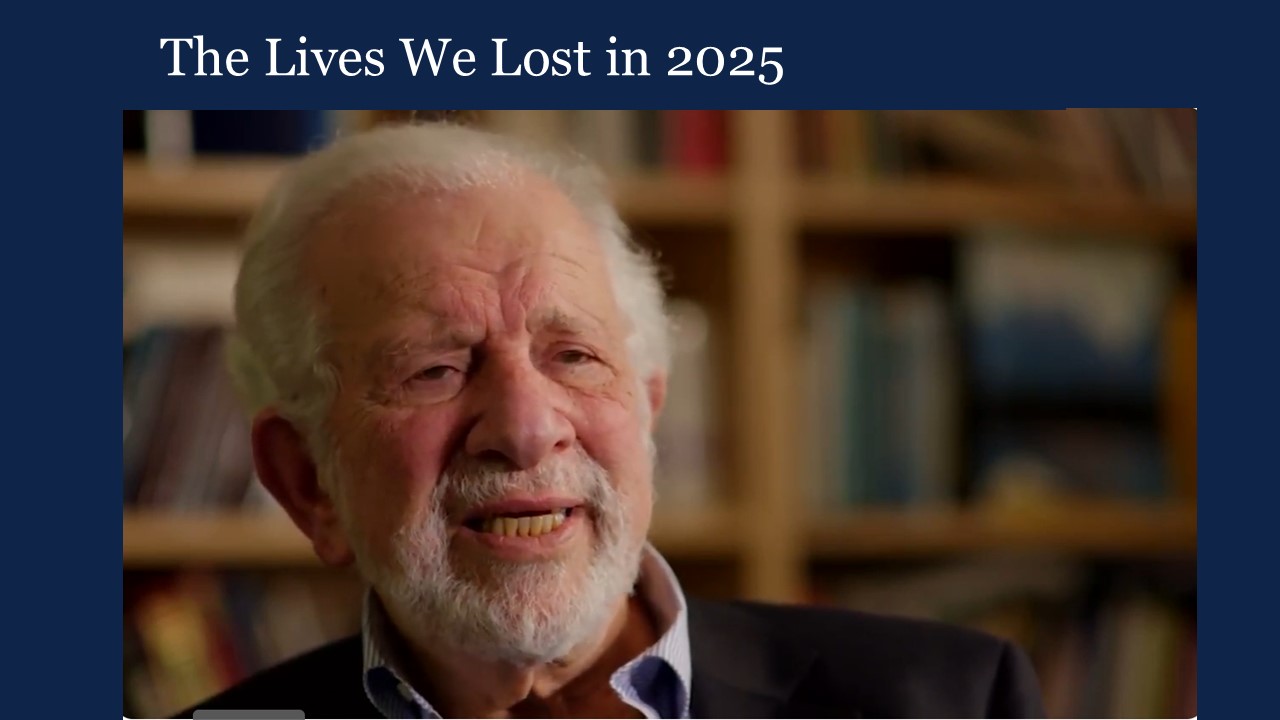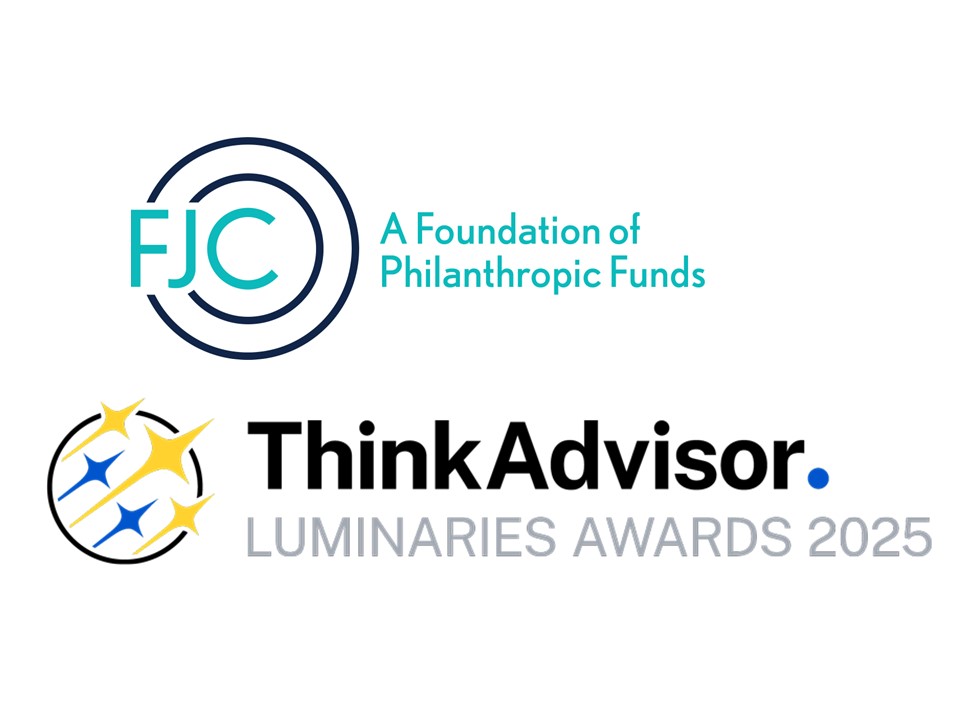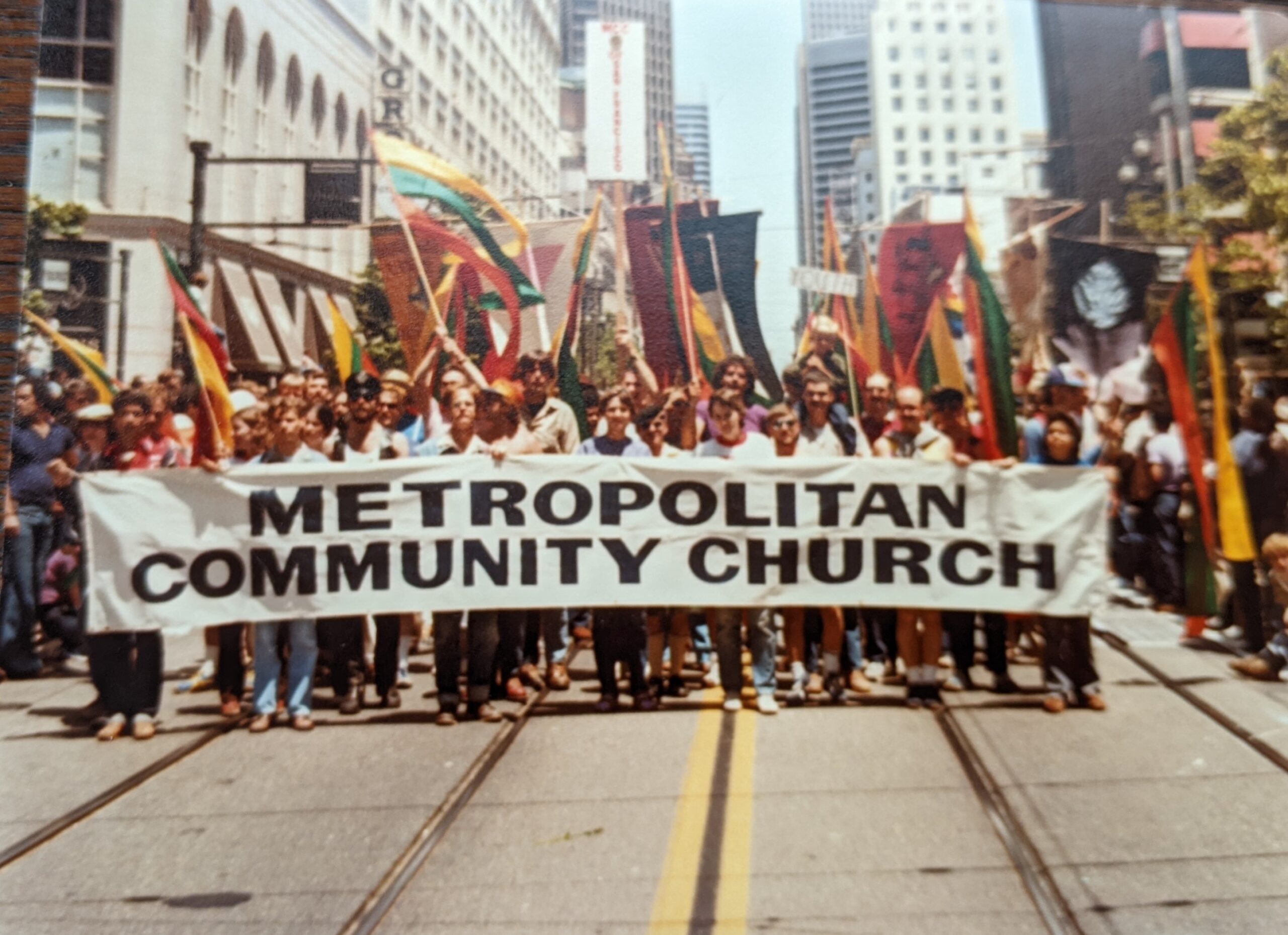A Korean-American woman majors in History, Political Science, and Anthropology and spends her summer volunteering to rebuild Puerto Rico after Hurricane Maria. A Colombian man lives with his grandmother, following his mother’s deportation, while studying to become a journalist. A first generation Chinese-American college student serves as President of the Chemistry Honor Society, where he tutors other students who struggle with chemistry.
What do these students have in common? They are among the seven Queens College students that received financial support from Queens College alumni, as part of the Phi Epsilon Pi Endowed Fund. One of this group of Queens College alumni is Robert Jacobs who actively uses FJC to support his philanthropic efforts.
In November 2018, Mr. Jacobs had an epiphany. By chance, he read a newspaper article about former Mayor Michael Bloomberg’s generous donation to Johns Hopkins University—a gift ensuring that no accepted student would be unable to attend because of financial circumstances. In that moment, Jacobs knew that his time had come to make a difference at his alma mater, Queens College. Within a month, he established a scholarship to benefit students of academic merit who need financial assistance.
Jacobs knew that his time had come to make a difference at his alma mater, Queens College. Within a month, he established a scholarship to benefit students of academic merit who need financial assistance.
But that was just the beginning. After receiving touching letters of appreciation from his scholarship recipients, Jacobs shared the notes with his fraternity brothers and planted the idea of doing something greater. During a biannual Phi Epsilon Pi dinner, he proposed starting an endowment at the college. This was a chance for this group of friends to leave a legacy and to assist students for many years to come.
“All of us have forgotten whatever we learned in Contemporary Civilization, but we have not forgotten the opportunity that Queens College provided a bunch of poor, hardworking, smart kids from the five boroughs and Nassau and Suffolk Counties,” Jacobs says. “Queens College gave us a chance to succeed in ways that our parents, as products of the Depression and as second-generation Americans, could have only dreamt about.”
“Queens College gave us a chance to succeed in ways that our parents, as products of the Depression and as second-generation Americans, could have only dreamt about.”
With the help of 26 fraternity brothers and more participating each month, the Phi Epsilon Pi Endowed Fund has raised over $176,000 and continues to grow with consistent gifts from the fraternity brothers. It has given them the opportunity to further the bond that was initiated so many years ago.. To date, the endowment has funded seven student scholarships over the past two years and it is expected that it will fund another two this year , and the funders are adding a mentoring component to the program. Further, it has inspired a fellow fraternity to establish its own fund in support of student scholarships.
The demographics of Queens College are quite different from the institution they attended fifty years ago. When Mr. Jacobs graduated in 1970, white students made up the vast majority of students at the school. Today, students of color represent nearly three-quarters of the student population, and nearly one-third are foreign born. Another major change is tuition. As part of the City University of New York system, Queens College began charging tuition since the mid- 1970’s. While tuition of approximately $7,000 a year for a full-time undergraduate degree is quite modest compared with private colleges, it is still a hardship for many students. Almost half of Queens College students come from households earning less than $30,000 per year.
While the demographics are different, Jacobs and his fraternity brothers would rather focus on their similarities. “They’re just like we were. They’re strivers,” Jacobs states. “None of my college friends were born with a silver spoon.” He also notes that public education was the foundation for his successful career, which included being a partner at Ernst & Young and now managing his own healthcare consulting practice. “How can we not give back when we paid $46 a term?”
With their philanthropy, Jacobs and his peers are having a major impact on today’s Queens College students like Joss Montano. The scholarship, Montano writes, “…guarantees that I will continue my education, a possibility I would be unsure of without the assistance it provides me. It is a nod at what I have been working toward, and an affirmation that the sacrifices my family has made for me to get an education, have been worth it.”
Portions of this article appeared in the Fall 2020 issue of Queens College magazine and appear courtesy of Jennifer Beiner and the Queens College Office of Institutional Advancement.




